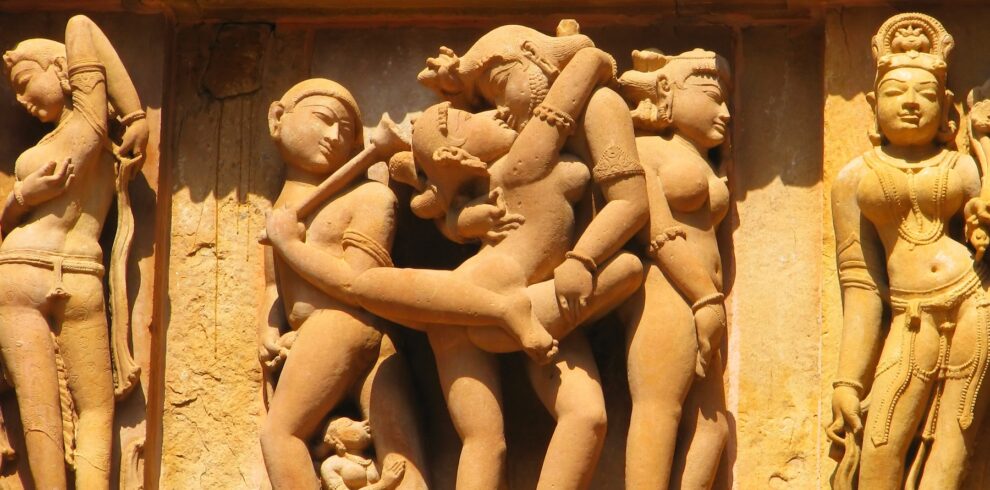Gwalior
Gwalior, located in the northern part of the Indian state of Madhya Pradesh, is a historic city renowned for its rich cultural heritage, magnificent fort, and classical music tradition. Nestled on the Gwalior Plateau, the city has been a prominent center of power, art, and culture for centuries.
The centerpiece of Gwalior is the majestic Gwalior Fort, often referred to as the “Gibraltar of India.” Perched atop a steep hill overlooking the city, the fort is one of the largest and most formidable forts in India, with a history dating back over 1,000 years. The fort complex houses several palaces, temples, and monuments, including the iconic Man Singh Palace, Gujari Mahal, and Teli-ka-Mandir, each showcasing a unique blend of Hindu and Islamic architectural styles.
Gwalior is also renowned for its rich musical heritage, particularly in the field of classical music. The city is the birthplace of the legendary musician Tansen, one of the nine gems of the Mughal court, whose contributions to Indian classical music are celebrated to this day. Every year, Gwalior hosts the Tansen Music Festival, a prestigious event that attracts renowned musicians and music lovers from around the world to pay homage to the maestro.
In addition to its fort and musical heritage, Gwalior is home to several other historic landmarks and cultural attractions. The Jai Vilas Palace, built in the 19th century by the Scindia dynasty, is a splendid example of European architecture and houses the Scindia Museum, which showcases a fascinating collection of artifacts, artworks, and royal memorabilia.
Gwalior also boasts a vibrant market scene, with bustling bazaars offering a wide range of traditional handicrafts, textiles, jewelry, and culinary delights. Visitors can explore the narrow lanes of the old city, soak in the vibrant atmosphere, and indulge in shopping for souvenirs and local specialties.
Overall, Gwalior offers a captivating blend of history, culture, and architectural splendor, making it a must-visit destination for travelers seeking to explore the rich heritage of Madhya Pradesh. Whether you’re exploring the grandeur of Gwalior Fort, experiencing the magic of classical music, or immersing yourself in the bustling markets, Gwalior offers a memorable and enriching experience for visitors of all ages.
City Tour

- Jan
- Feb
- Mar
- Apr
- May
- Jun
- Jul
- Aug
- Sep
- Oct
- Nov
- Dec

- Jan
- Feb
- Mar
- Apr
- May
- Jun
- Jul
- Aug
- Sep
- Oct
- Nov
- Dec
Cultural Tours
Tourism is travel for pleasure or business; also the theory and practice of touring, the business of attracting, accommodating, and entertaining tourists, and the business of operating tours. Tourism may be international, or within the traveller’s country. The World Tourism Organization defines tourism more generally, in terms which go “beyond the common perception of tourism as being limited to holiday activity only”, as people “traveling to and staying in places outside their usual environment for not more than one consecutive year for leisure, business and other purposes”.
Tourism can be domestic or international, and international tourism has both incoming and outgoing implications on a country’s balance of payments. Today, tourism is a major source of income for many countries, and affects the economy of both the source and host countries, in some cases being of vital importance.

- Jan
- Feb
- Mar
- Apr
- May
- Jun
- Jul
- Aug
- Sep
- Oct
- Nov
- Dec

- Jan
- Feb
- Mar
- Apr
- May
- Jun
- Jul
- Aug
- Sep
- Oct
- Nov
- Dec
Jungle Safari
A is an overland journey, usually a trip by tourists to Africa. In the past, the trip was often a big-game hunt, but today, safari often refers to trips to observe and photograph wildlife—or hiking and sightseeing, as well.
The Swahili word safari means journey, originally from the Arabic meaning a journey; the verb for “to travel” in Swahili is kusafiri. These words are used for any type of journey, e.g. by bus from Nairobi to Mombasa or by ferry from Dar es Salaam to Unguja. Safari entered the English language at the end of the 1850s thanks to Richard Francis Burton, the famous explorer.
The Regimental March of the King’s African Rifles was ‘Funga Safari’, literally ‘tie up the March’, or, in other words, pack up equipment ready to march.
In 1836 William Cornwallis Harris led an expedition purely to observe and record wildlife and landscapes by the expedition’s members. Harris established the safari style of journey, starting with a not too strenuous rising at first light, an energetic day walking, an afternoon rest then concluding with a formal dinner and telling stories in the evening over drinks and tobacco.

- Jan
- Feb
- Mar
- Apr
- May
- Jun
- Jul
- Aug
- Sep
- Oct
- Nov
- Dec

- Jan
- Feb
- Mar
- Apr
- May
- Jun
- Jul
- Aug
- Sep
- Oct
- Nov
- Dec
Multi Day Tour

- Jan
- Feb
- Mar
- Apr
- May
- Jun
- Jul
- Aug
- Sep
- Oct
- Nov
- Dec

- Jan
- Feb
- Mar
- Apr
- May
- Jun
- Jul
- Aug
- Sep
- Oct
- Nov
- Dec